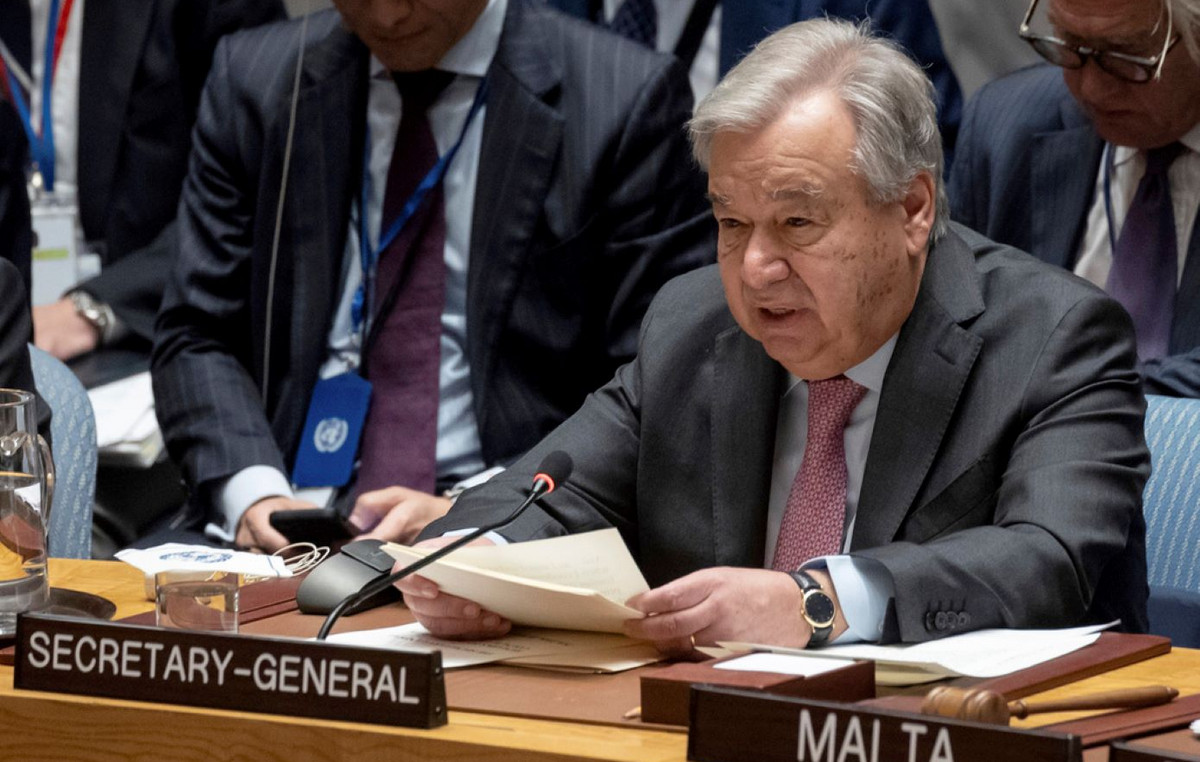The Military Police of Rio de Janeiro will adopt non-lethal weapons for street patrols starting in 2023. In addition, the teams will continue with traditional firearms.
In a note, the corporation informed the CNN that the measure “will only be possible in view of the efforts of the current command in the acquisition of thousands of new items of this nature – such as OC (pepper) gas sprays, stun guns and elastane (rubber) ammunition – which will be strategically distributed among all operating units.
The elaboration of protocols of good practices on the use of less lethal weapons was one of the proposals that came out of a public hearing, carried out by determination of the Federal Supreme Court, with the objective of updating the plan to reduce police lethality presented by the Government of Rio de Janeiro .
Last week, Minister Edson Fachin determined that the state should comment on the request of entities to update the document, initially released in March of this year. With that, last Wednesday (14), the government published a new version in the Official Gazette, also forwarded to the STF.
In it, one of the points listed is “Provide equipment with less harmful and lethal potential for the use of its staff (such as sprinklers, tasers, tonfa, etc.)”.
In a letter from the State Attorney General’s Office to the STF, which accompanies the plan, the government alleges that “it is imperative to emphasize that the intended structural change in public security policy in Rio de Janeiro – involving different secretariats and dialogue with different segments of society – it is not done without minor setbacks or delays, which do not distort the substantial compliance with the determinations issued by this Supreme Court.”
In addition, he alleges that the plan may be the object of criticism “by those who do not see their ideas included in it”, but that it is up to the government to decide what will be implemented.
According to the government, the new version incorporates suggestions sent by representatives of civil society and institutions, such as the Public Ministry and the Brazilian Bar Association. It foresees the improvement of three axes: human resources, material resources and administrative and operational procedures.
The first version of the lethality reduction plan was presented in March by determination of the STF. However, it received criticism from entities about the lack of targets for reducing deaths and the lack of dialogue for their elaboration. Thus, the STF determined that a hearing and a public consultation be held to improve the document.
Source: CNN Brasil
I’m James Harper, a highly experienced and accomplished news writer for World Stock Market. I have been writing in the Politics section of the website for over five years, providing readers with up-to-date and insightful information about current events in politics. My work is widely read and respected by many industry professionals as well as laymen.







